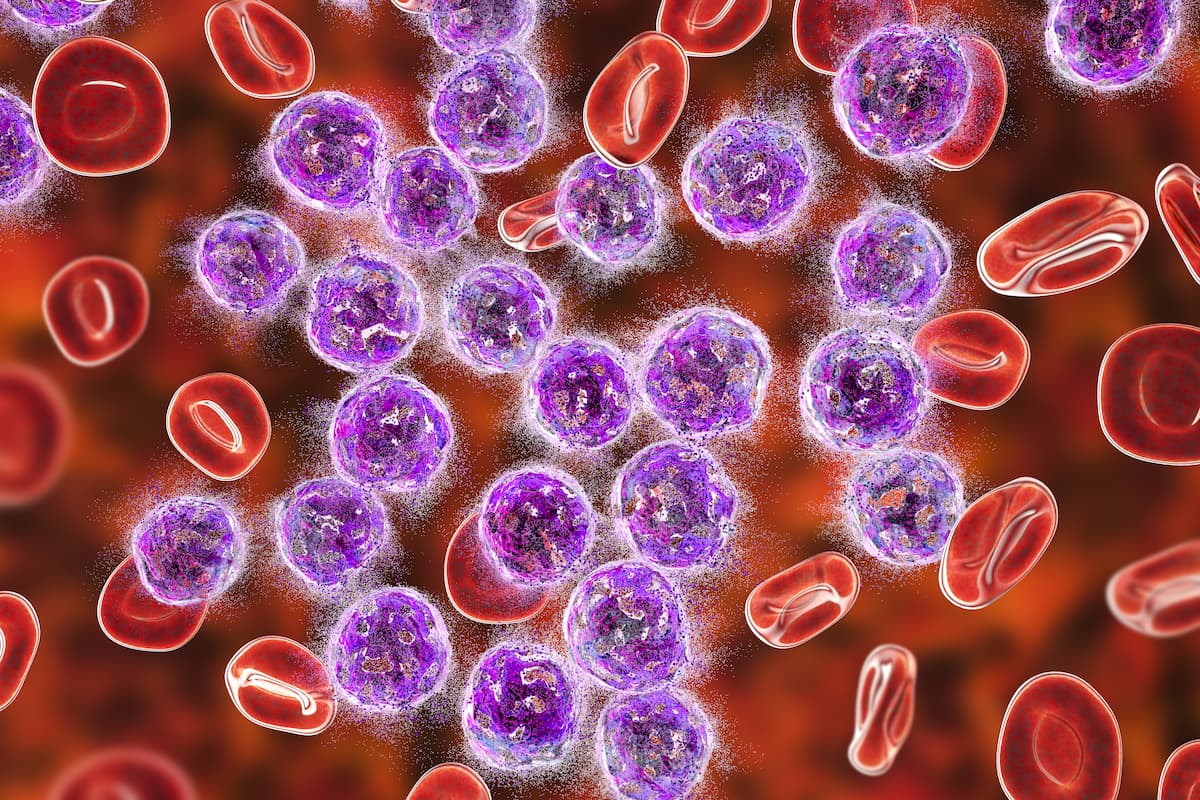
Thomas Martin, MD, on Excitement for a Cilta-Cel Approval in R/R Multiple Myeloma

Thomas Martin, MD, spoke about how the approval of ciltacabtagene autoleucel for patients with relapsed/refractory multiple myeloma may change the standard of care in this setting.
Thomas Martin, MD, associate director of the myeloma program at the University of California San Francisco, spoke with CancerNetwork® about the approval of ciltacabtagene autoleucel (Carvykti; cilta-cel), which was based on the results of the phase 1b/2 CARTITUDE-1 trial (NCT03548207) in which patients with heavily pretreated multiple myeloma saw durable responses with the CAR T-cell therapy.1,2 Martin also details why it’s such an important time for patients with multiple myeloma and how cilta-cel can help to improve outcomes.
Transcript:
We couldn’t be more excited about cilta-cel with the current data showing that 60.5% of patients remain in remission 24 months after initiation of therapy. We can’t wait to see what it is at 30 months, and maybe what it is at 36 months. All CAR T-cell therapeutics aim to have what we call a flattening of the curve. Whereas some people, unfortunately patients who have the worst myeloma are the most resistant, do relapse over time, there might be a what’s called a tail end the curve or flattening of the curve. [These are] people who have prolonged remission duration, and some that may be cured. We still don’t know from the cilta-cel PFS curve if there’s going to be a tail or if there are going to be some patients that have long remission durations for 5-plus years. If that’s true, that’s amazing.
References
1. U.S. FDA Approves CARVYKTI (ciltacabtagene autoleucel), Janssen's first cell therapy, a BCMA-directed CAR-T immunotherapy for the treatment of patients with relapsed or refractory multiple myeloma. News release. Janssen. February 28, 2022. Accessed February 28, 2022. https://prn.to/3vskiZu
2. Martin T, Usmani S, Berdeja J, et al. Updated Results from CARTITUDE-1: Phase 1b/2 study of ciltacabtagene autoleucel, a B-cell maturation antigen-directed chimeric antigen receptor T cell therapy, in patients with relapsed/refractory multiple myeloma. Blood. 2021;138(suppl 1):549. doi:10.1182/blood-2021-146060
Newsletter
Stay up to date on recent advances in the multidisciplinary approach to cancer.





































